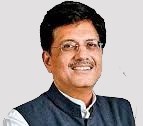
Minister of Commerce and Industry & President
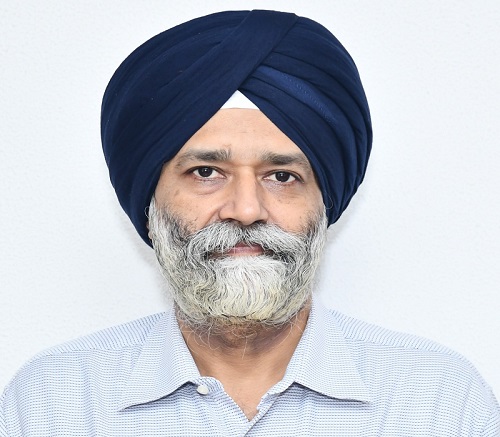
Secretary DPIIT & Chairman
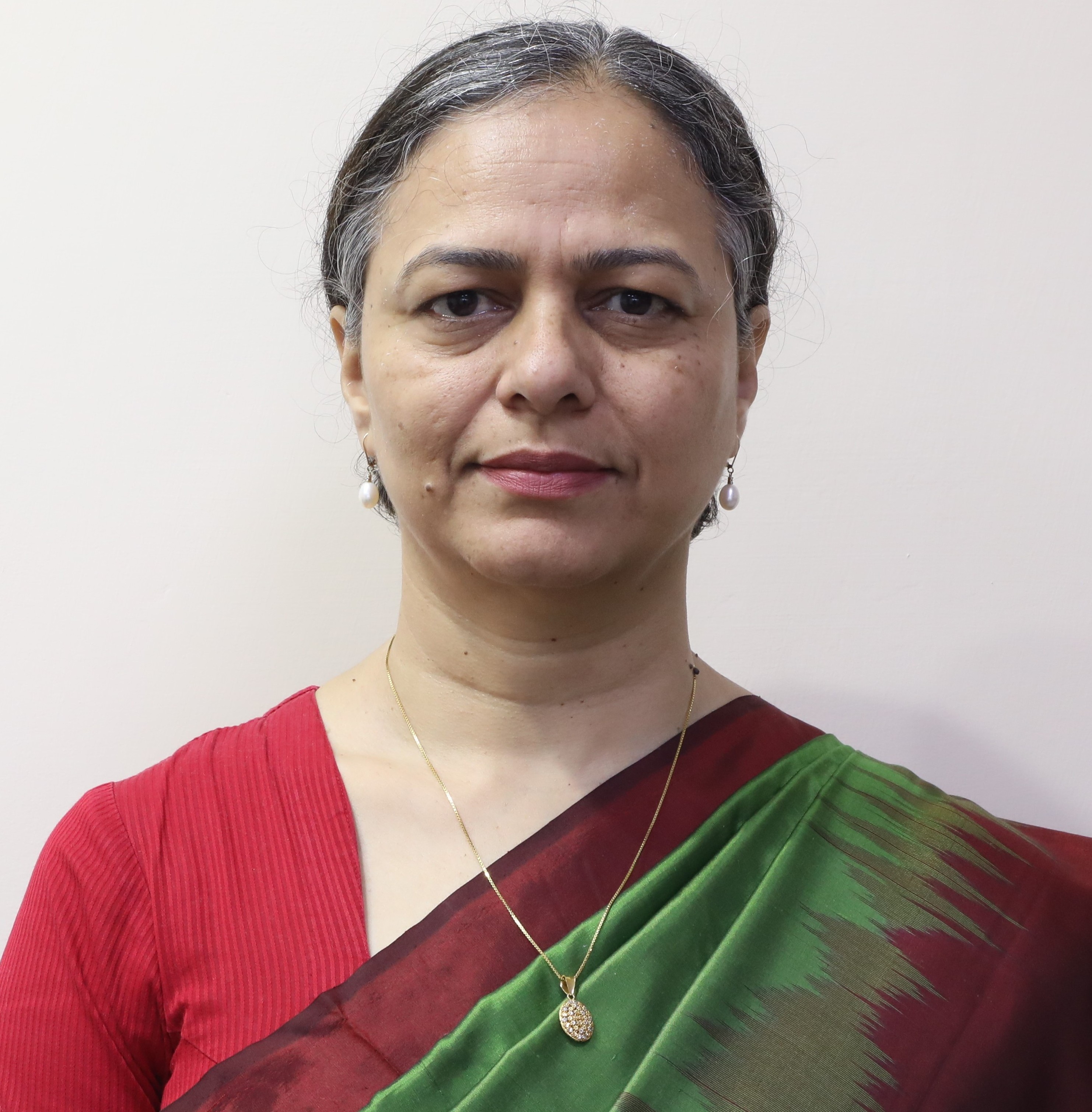
Director General
National Productivity Council of India (NPC), established in the year 1958, is an autonomous organization under Department for Promotion of Industry & Internal Trade, Ministry of Commerce and Industry, Government of India. Besides undertaking research in the area of productivity, NPC has been providing consultancy and training services in areas of Industrial Engineering, Agri-Business, Economic Services, Quality Management, Human Resources Management, Information Technology, Technology Management, Energy Management, Environmental Management etc., to the Government and Public & Private sector organizations. NPC is a constituent of the Tokyo-based Asian Productivity Organisation (APO), an Inter-Governmental Body of which the Government of India is a founding member.
NPC to be the knowledge leader in productivity to provide state of our services to the Indian economy to become globally competitive.
Contribute to the sustainable, inclusive socioeconomic development of the country by enhancing productivity.
See more..
Hide ...
The Council regulates the policies of NPC. It has 30 members comprising the following:
List Of Governing Council Members Click here
The GB regulates the rules and regulations of NPC. It has 12 members comprising the following:
List Of Governing Body Members Click here

To Stimulate and Promote Productivity Consciousness
To provide consultancy services to increase productivity
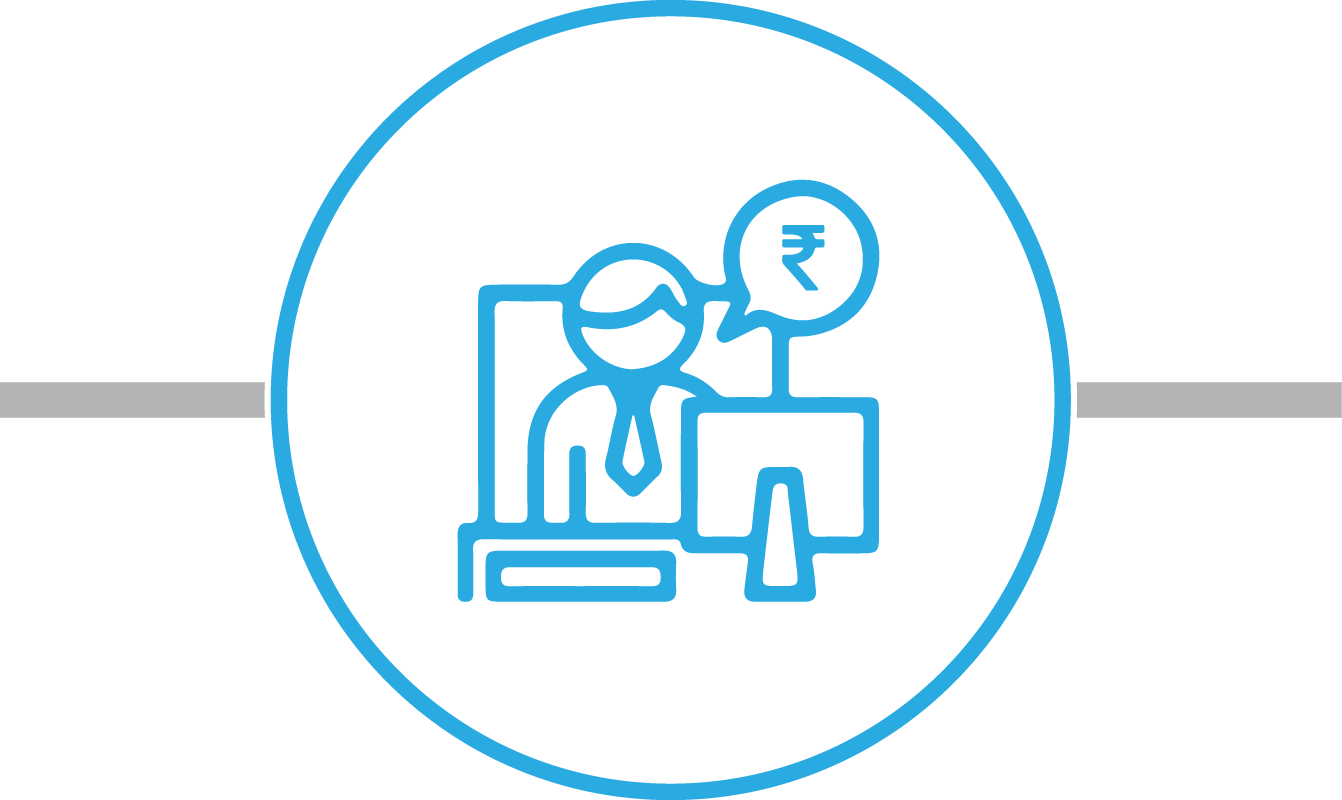
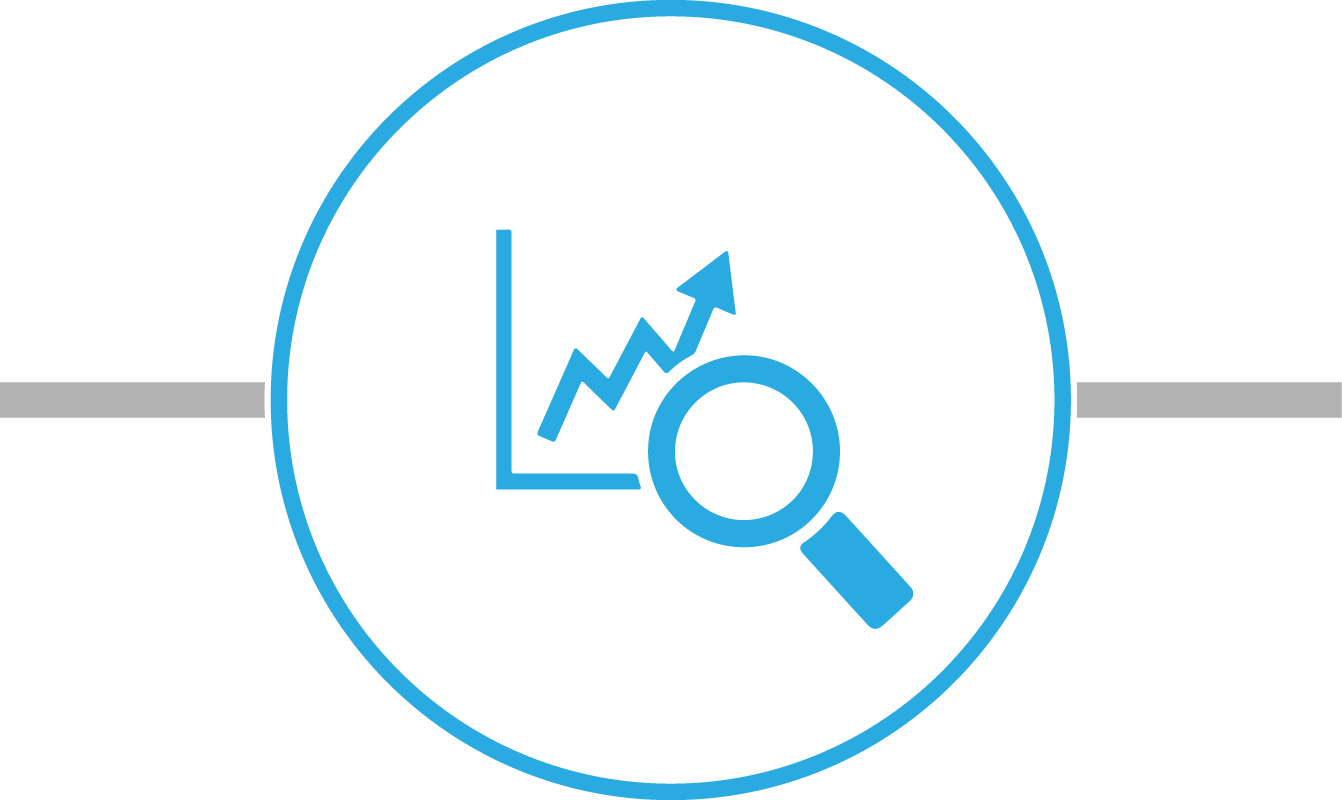
To undertake research in productivity areas and maintain database of productivity
To undertake preparation & Implementation of projects/schemes of Public & private Sector.
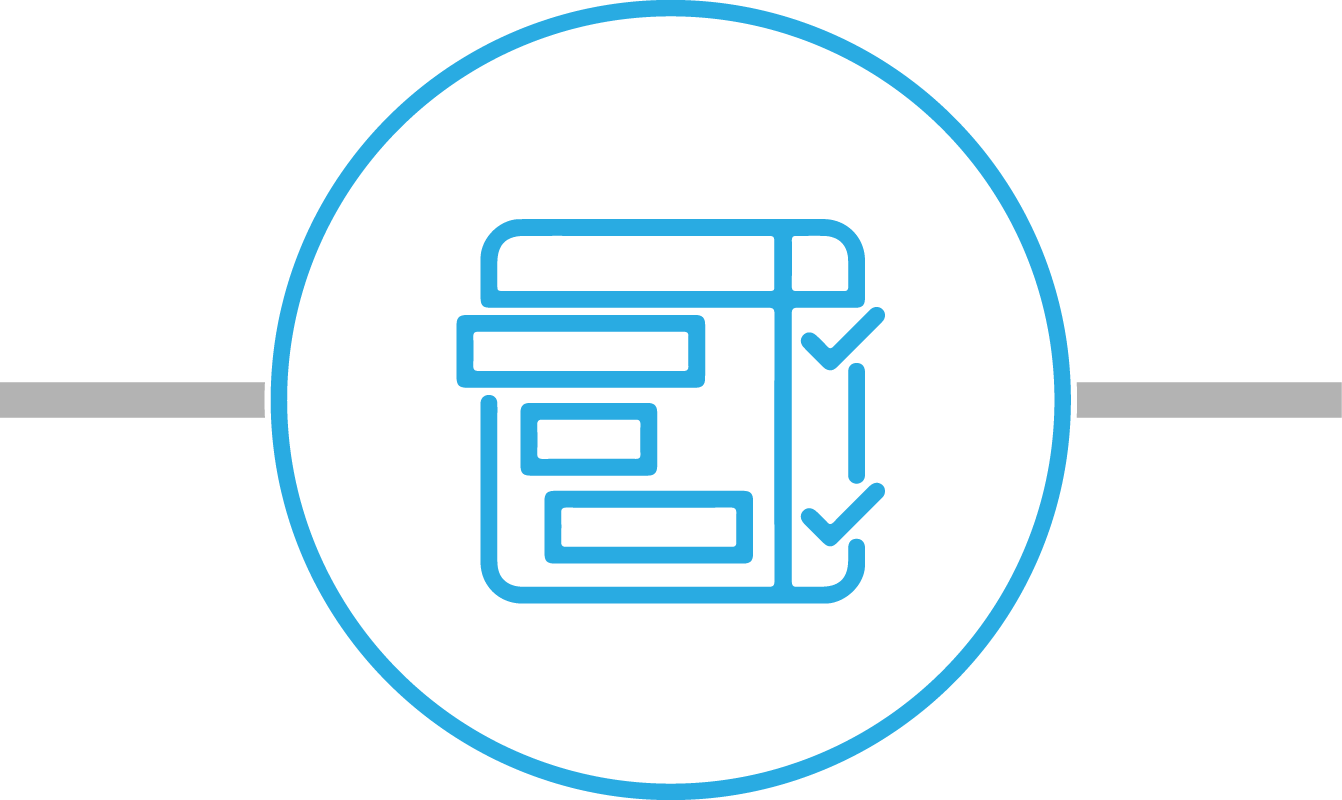

To facilitate strengthening of regional/local and sector-wise productivity organizations
Promotion of IT enabled services and e-Governance
